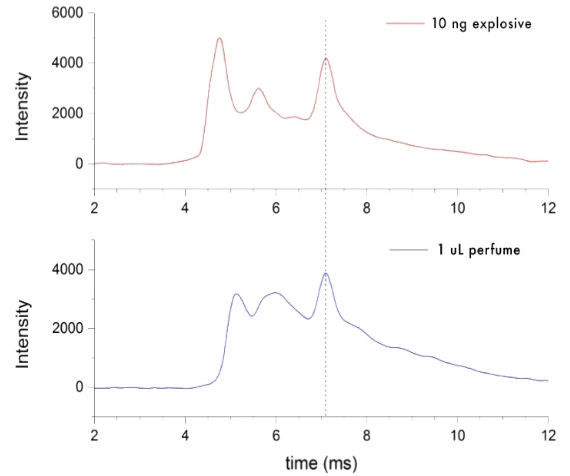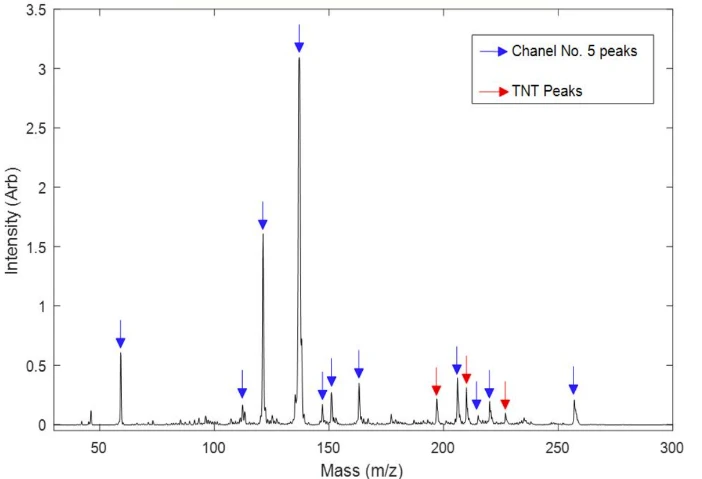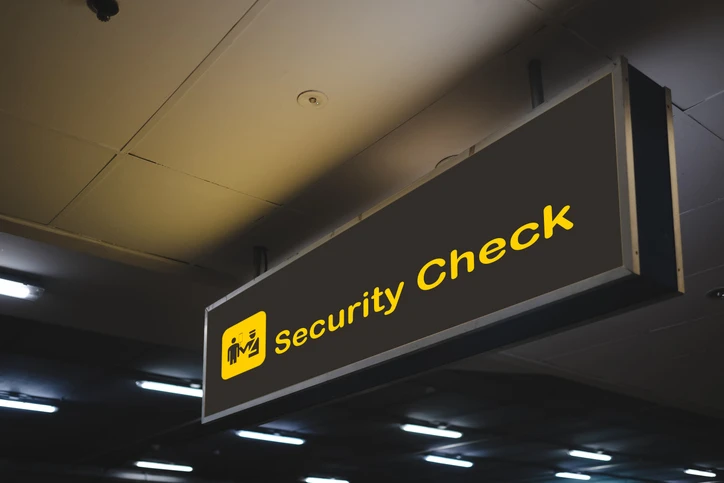The surge in airport security technology over the last two decades has ushered in a new era in ensuring safe passage for travelers.
Looking ahead, the next two decades promise further innovations in detection systems at U.S. and international airports. Integration of risk and intelligence-based threat information will further enhance security measures, making the passenger experience more enjoyable and comforting, with built-in conveniences and threat mitigation.
Amidst these advancements, the need for a precision trace detection system with enhanced performance of the currently fielded Ion Mobility Spectrometry (IMS) based trace detection systems has become increasingly apparent. Minimizing the costs and inconveniences associated with false alarms is crucial, highlighting the importance of deploying accurate and efficient security measures. As we navigate the evolving security landscape, ensuring the effectiveness of detection systems remains paramount in safeguarding travelers and maintaining the integrity of airports and other points of entry.
Astrotech Mass Spectrometry (AMS) technology, brings the laboratory to our security personnel in the field:
- The system operates under a high vacuum, eliminating competing molecules and thereby ensuring higher resolution and near zero false alarms
- Unique among mass spectrometers, the system auto calibrates daily eliminating the need for highly trained personnel and clean room environments
- Collection of invaluable mass spectrometry data for current or later analysis
- 15 seconds per test
- A truly rugged mass spectrometer that has been proven in harsh airport cargo environments in 14 countries
- Easy to maintain only needing a one hour or less service by a certified technician every six months, and does not require molecular sieve dryers or dopants
- Virtually unlimited library, and additions to that library will not increase false alarms
Currently, the AMS technology is deployed in 1st Detect’s TRACER 1000TM which has both a narcotics and explosives trace detection (NTD & ETD) library available. The TRACER 1000 product line has proven its capabilities in delivering thousands of tests per day with the security of 14 countries relying on the reliability, repeatability, and exceptional accuracy of the technology. These high-performance instruments are capable of rapidly detecting trace levels of explosive and narcotic compounds with exceptional precision, making them invaluable assets in diverse settings, including airports, ports of entry, border crossings, secure buildings, public events, and the military.
Mass Spectrometry vs. Ion Mobility Spectrometry
Mass spectrometry (MS) stands as a pivotal analytical technique utilized for the identification, characterization, and quantification of chemicals within a sample. By measuring charged particles, MS provides highly specific detailed insights into the composition of substances. The high resolution can then distinguish between millions of different molecules resulting in a fingerprint or spectra for every test.
In contrast, ion mobility spectrometry operates by separating ions based on their mobility or their collision cross section (size) in a gas phase under the influence of an electric field. IMS methods, while advantageous in terms of cost and miniaturization, have historically struggled with accuracy, leading to potential false alarms.
MS vs IMS: Selectivity & False Alarm Performance
As shown in the following figures, the traditional IMS based explosives detectors tend to struggle when an everyday product is detected such as perfume, which in this example of IMS spectra, shows nearly a full overlap in peaks resulting in a false alarm that that has identified a perfume as a lethal explosive.

When comparing the spectra from the Tracer 1000, with its AMS technology, there is a clear difference and no overlap in the peaks detected for TNT and perfume resulting in zero false alarms. It is easy to see why mass spectrometry outperforms IMS.

Figure 2 Tracer 1000 spectra of TNT Perfume = Zero False Alarms
MS VS IMS: Performance Comparison
Table 1. Comparison of Product Features: MS vs IMS
| PRODUCT FEATURE | MASS SPECTROMETRY | ION MOBILITY SPECTROMETRY |
| Selectivity | Higher | Lower |
| False Alarms | Lower | Higher |
| Operational Cost | Lower | Higher |
| Threat Library | No-limit | Limited |
| Threat Identification | Higher | Lower |
| Test Throughput | Higher | Lower |
As shown in the above figures the selectivity of the Tracer 1000 mass spectrometer delivers a much higher selectivity resulting in low false alarms while maintaining the same detection sensitivity and performance of the currently fielded IMS based trace detectors.
Lower false alarms drive lower ownership and operational costs dramatically reducing wait times and secondary screening or even building clear-outs. An added benefit to the higher selectivity of a mass spectrometer also allows for the detection library to expanded without impacting the performance and false alarms.
1st Detect’s Tracer 1000 ETD is currently certified by the European Civil Aviation Conference. In the United States, the Company is working with the U.S. Transportation Security Administration (“TSA”) towards air cargo certification. It is also available for procurement on the GSA.
Source: https://www.hstoday.us/featured/article-advancing-security-mass-spectrometers-superior-detection-for-trace-elements-in-explosives-and-narcotics/

